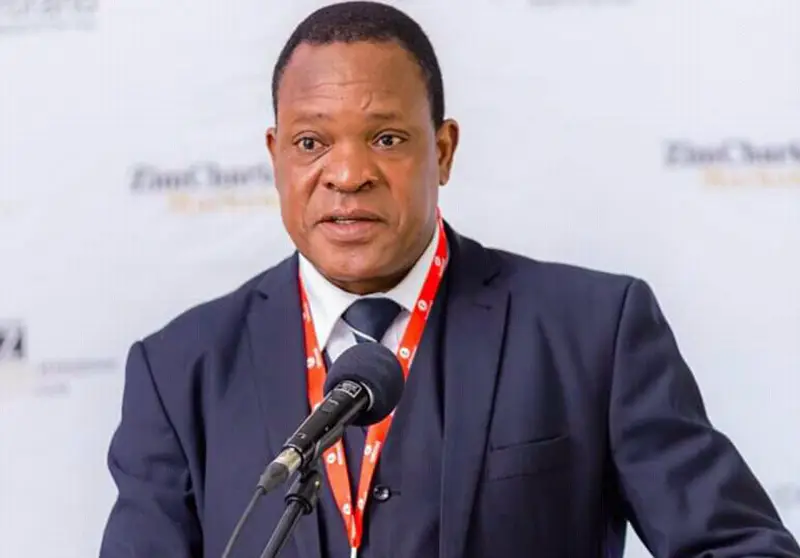By Anna Chibamu
Government has announced that this year’s Presidential Pfumvudza/Intwasa inputs scheme will strictly target rural households, with no provision for the 500 000 urban or peri-urban dwellers who benefited last season.
Agriculture Minister Anxious Masuka told Parliament during a Wednesday Q&A session that only rural communities will be provided with farming inputs under the programme, adding that last year’s inclusion of urban beneficiaries had been a temporary measure to cushion against the effects of the El Niño-induced drought.
Pumula MP Sichelesile Mahlangu had sought the government’s position regarding urban constituencies benefiting from the scheme.
“These peri-urban areas are actively participating in the Pfumvudza/Intwasa Programme and are fully prepared. What is the minister’s position on these constituencies?” Mahlangu.
“The official policy is that urban areas will not receive Presidential input this year. The exception granted last year was due to an extraordinary drought,” Masuka said.
“This year, the inputs will be strictly allocated to the three million rural beneficiaries. Anyone residing in an urban area who wishes to benefit must be located in designated agricultural zones, namely, communal lands, A1 resettlement areas, or small-scale farming areas. These are the targeted zones for the Pfumvudza/Intwasa Programme this season.”
The Pfumvudza/Intwasa scheme, a food security programme, has over the years focused on boosting productivity among smallholder and rural farmers through climate-smart agriculture.
Masuka stressed that the programme would not accommodate urban dwellers since it is designed for farming regions.
“However, it is important to note that agriculture is designated for agricultural zones. Urban areas are primarily residential and do not accommodate farming activities.
“In Zimbabwe, we have established that urban agriculture is not permitted, as farming should take place on land specifically allocated for agricultural purposes, not within urban settlements,” Masuka explained.
He added, “I recall that during last year’s severe drought, the President recognised that rural farmers who typically support urban populations were facing significant challenges. In response, we extended input support to peri-urban farmers to help supplement food production.”
